Essential guide to data warehousing
12 January 2023 | Noor Khan
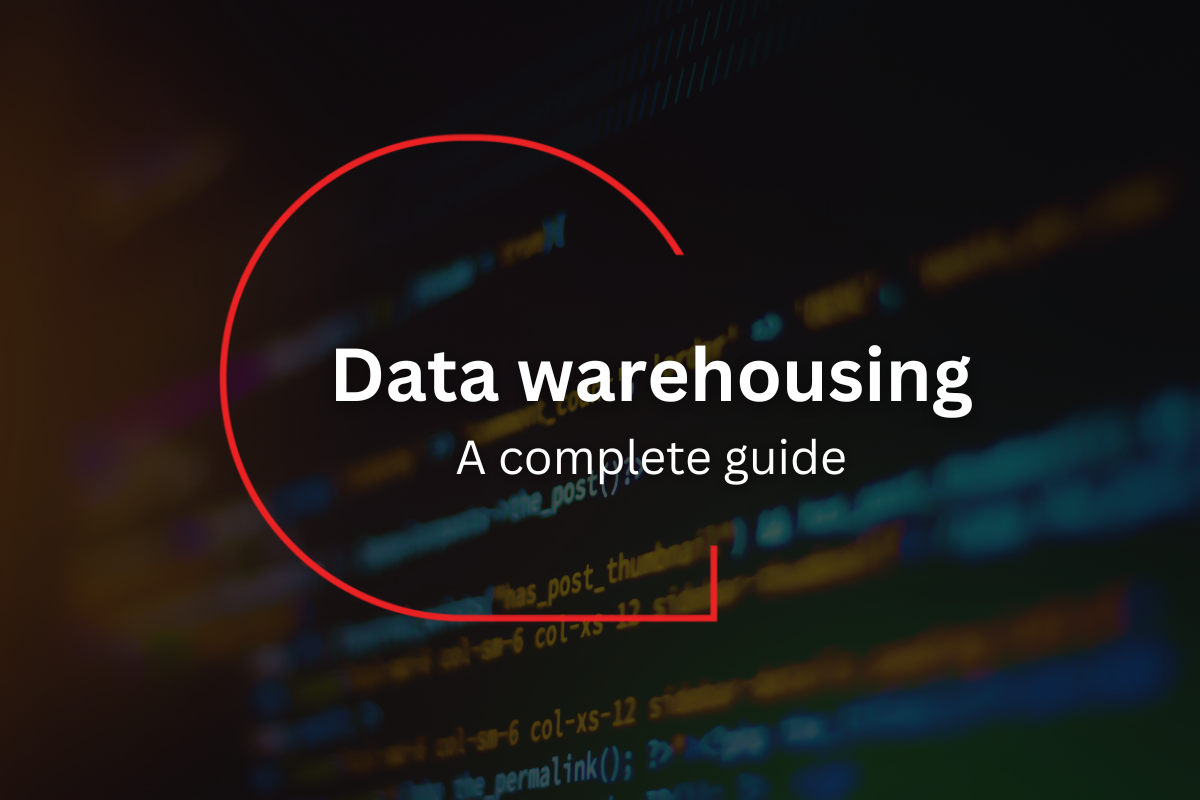
What is a data warehouse?
A data warehouse is a type of data storage and management infrastructure which will house an organisation's historical data. A well-architected data warehouse will ensure users can query and search through the data quickly and efficiently to drive Business Intelligence, gain monetization opportunities and ensure data is organised, accessible and secure.
A data warehouse can be seen as a single source of truth which consolidates data from multiple sources which can range from databases to data from multiple apps. This data will flow into the data warehouse at regular intervals to build the data repository.
We bring you a guide on data warehousing to understand what is the main purpose of data warehouses and how they can bring value to your organisation.
What are the benefits of a data warehouse?
A data warehouse can offer invaluable benefits for organisations that deal with large volumes of data which may be spread across disparate sources. Here are some of the key benefits of a data warehouse:
- Fast queries – A well-designed data warehouse will ensure that users can query the data which speedy results. The speed will depend on the volume of data, types of data, the technologies used for the data and more.
- Insights to drive business intelligence – Organizations rely on easy-to-understand reports which can help intelligent data-driven decision-making and data warehouses with their analytical capabilities.
- Single source of truth – All your organisation’s data can be housed in a structured way within a data warehouse to offer rich insights.
- Organised, structured and accessible – The data in a warehouse is stored efficiently to optimise memory, minimise input and output and deliver quick results.
- Historical records and analysis – A data warehouse will collect all historical data which can offer analysis and insights from historical data.
- Highly secure – Built well, data warehouses can ensure your data is stored securely.
What are the limitations of a data warehouse?
Data warehouses can be a brilliant source of intelligence for organisations, however, there are some limitations to take into consideration and they include:
- Costs – It can be costly to set up, run and effectively maintain data warehouses therefore, the benefits need to outweigh the limitations in line with each organisation.
- Data access – A data warehouse which houses data from multiple departments which may be sensitive or confidential and may be accessible to other departments which can cause challenges for a business.
- Lengthy ETL – Depending on the source, type and volume of data, access to the data may be not as quick as expected due to the lengthy ETL process.
What is the architecture of a data warehouse?
The typical architecture of the data warehouse consists of three tiers and they include the bottom tier, the middle tier and the top tier.
- Bottom tier – The bottom tier of a data warehouse is the space that is used to house the actual data which has gone through the ETL process.
- Middle tier – The middle tier of a data warehouse is where the processing servers are which ensure that data queries are made quick and efficient for the user.
- Top tier – The top tier of the data warehouse is the front-end layer which is used by users who are looking at accessing the data for analytical purposes such as data analysis, data reporting, data mining and more.
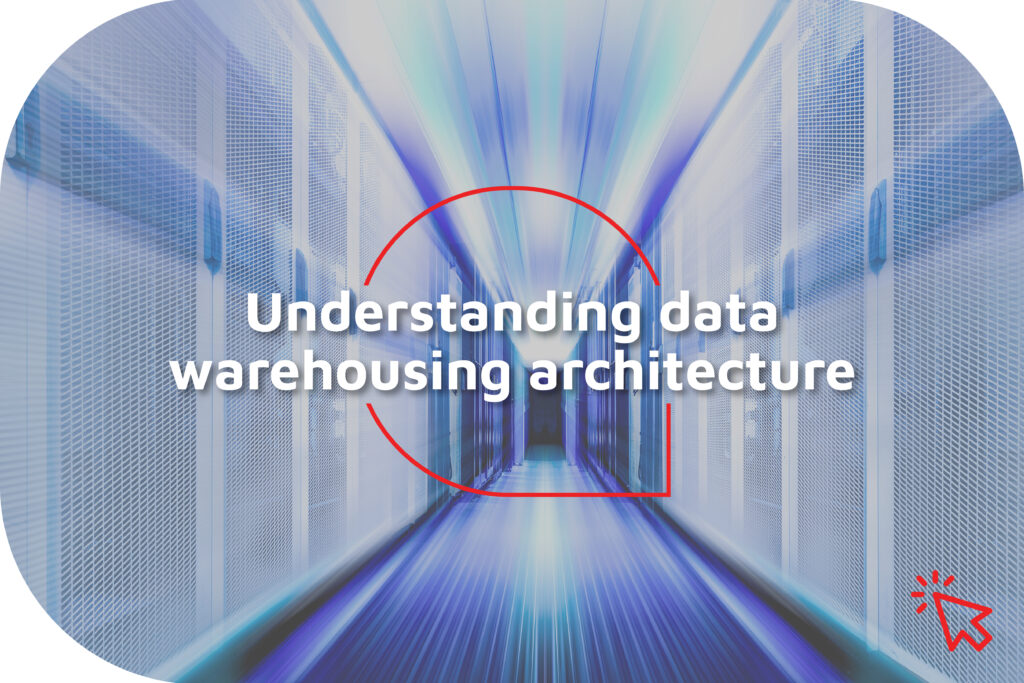
Read the full article on data warehouse architecture.
When might you require a data warehouse?
A data warehouse will not be suitable for every organisation, therefore, knowing when a data warehouse is the right solution for you is key. If you are unsure what is the right solution for, we recommend you seek the advice of an expert. However, consider some of the following instances when a data warehouse may be the right solution for you:
- You want to store clean, structured and organised data
- You have the skills and resources to maintain your data warehouse
- You need to collate your data from a wide variety of sources
- You want BI to drive your decision making
What are the alternative to a data warehouse?
A data warehouse is not the only solution to store and manage your data. There are two other main alternatives to a data warehouse and they are a database or a data mart, each has their own benefits and limitations and are suited to specific organisations and data.
Data warehouse Vs Data Lake
A data lake can be a great alternative to data warehouses as it can also store a large volume of data from disparate sources. However, one of the key differences is that data lakes store raw data which has not been processed and is only transformed when the data is required, whereas data warehouses store processed ready-to-use data.
| Data Lake | Data Warehouse | |
| Types of data | Structured data | Raw data |
| Users | Data science teams/ Data engineers | Business Managers/Business professionals |
| Schema | Defined after the data is stored | Defined before the data is stored |
| Processing | ETL (Extract Transform Load) | ELT (Extract Load Transform) |
| Costs | Cost efficiency with lack of maintenance required as compared to a data warehouse and inexpensive to store raw data. | Can be costly to build and maintain a data warehouse, especially compared to a data lake. |
Using a data lake might be ideal for organisations that want to store raw, unrefined data which they may require at some point in the future, which means the time and resource required to process, clean and structure data is not required until the data is needed. This can be cost-effective for processing all data.
Read the full guide on a Data warehouse Vs Data Lake to find the right solution for your data.
Data warehouse Vs Database
A database stores the information and data of an application that needs to store data, which is nearly every application. There are multiple different types of databases and DBMS (Database Management Systems) which are adopted for applications. A data warehouse and a database both store data however their end user is considerably different. Some of the key differences are highlighted below:
| Database | Data Warehouse | |
| Type of data | Structured or semi-structured | Structured |
| Schema | Rigid or flexible | Pre-defined, fixed schema |
| Users | App Developers | Business Analyst, Business Users |
| Data access | Real-time data is available | Data processing may mean delayed access |
Organizations will use databases and a data warehouse in their data engineering. Additionally, data will be pulled from databases and stored in a data warehouse to collate the data to garner rich insights.
Data Warehouse Vs Data Mart
A data mart is a subject-oriented database which is used within a data warehouse. A data warehouse can be vast and store a wide variety of structured data. In order for the data to be structured data marts are used to store and organise data as a subset of the bigger data set. Typically, the subset of data stored in a data mart will be a department specific such as sales, finances or marketing. The following are some of the key differences between a data warehouse and a data mart
| Data Mart | Data Warehouse | |
| Data sources | Few data sources | Wide range of data sources |
| Size | Size is considerably smaller in line with less than 100 GB | Bigger in size so it is typically more than 100 GB |
| Type of data | Based on a specific department/subject | Will house all types of data from the entire organisation |
A data mart is used within a data warehouse; therefore, organisations will use both data storage structures in the data strategy.
Data warehouse technologies
There is a wide range of data technologies which can be used to build data warehouses. Some of the biggest technology brands in the world that we have adopted to deliver our data warehousing service include:
- Databricks
- Amazon Redshift
- Snowflake
- SQL Server

Examples of a data warehouse
Our clients dealing with large volumes of real-time data were dealing with slow reporting turnaround. Ardent’s well-experienced data engineers were able to recommend Databricks as the technology of choice to build a well-architected data warehouse with multiple clusters to significantly improve the data reporting time by 80%.
Read the full story on improving data turnaround by 80% with Databricks for a fortune 500 company.
How to outsource data warehouse services?
If you do not have a team in-house to build or maintain your data warehouse, then consider outsourcing your data warehousing which can enable you to be highly skilled data engineers without having to go through the lengthy and costly process of building a data engineering team. Some key benefits of outsourcing data warehouse services include:
- Avoid costly mistakes
- Access expert skills
- Work with experienced professionals
- Have peace of mind
- Ensure your data is secure
- Save on long-term costs
Ardent data warehousing service
At Ardent, our data engineers have decades of experience working with a wide variety of data and clients. Explore our client success stories to find out how we have helped our clients:
- Optimise big data queries,
- Ensure near real-time availability and accessibility
- Drive powerful decision-making with speedy data queries
If you are looking for a trusted and reliable data engineering services provider with a proven track record, we can help. Our team can be on board to help you unlock the potential of your data. Get in touch to find out more or to get started.
Ardent Insights
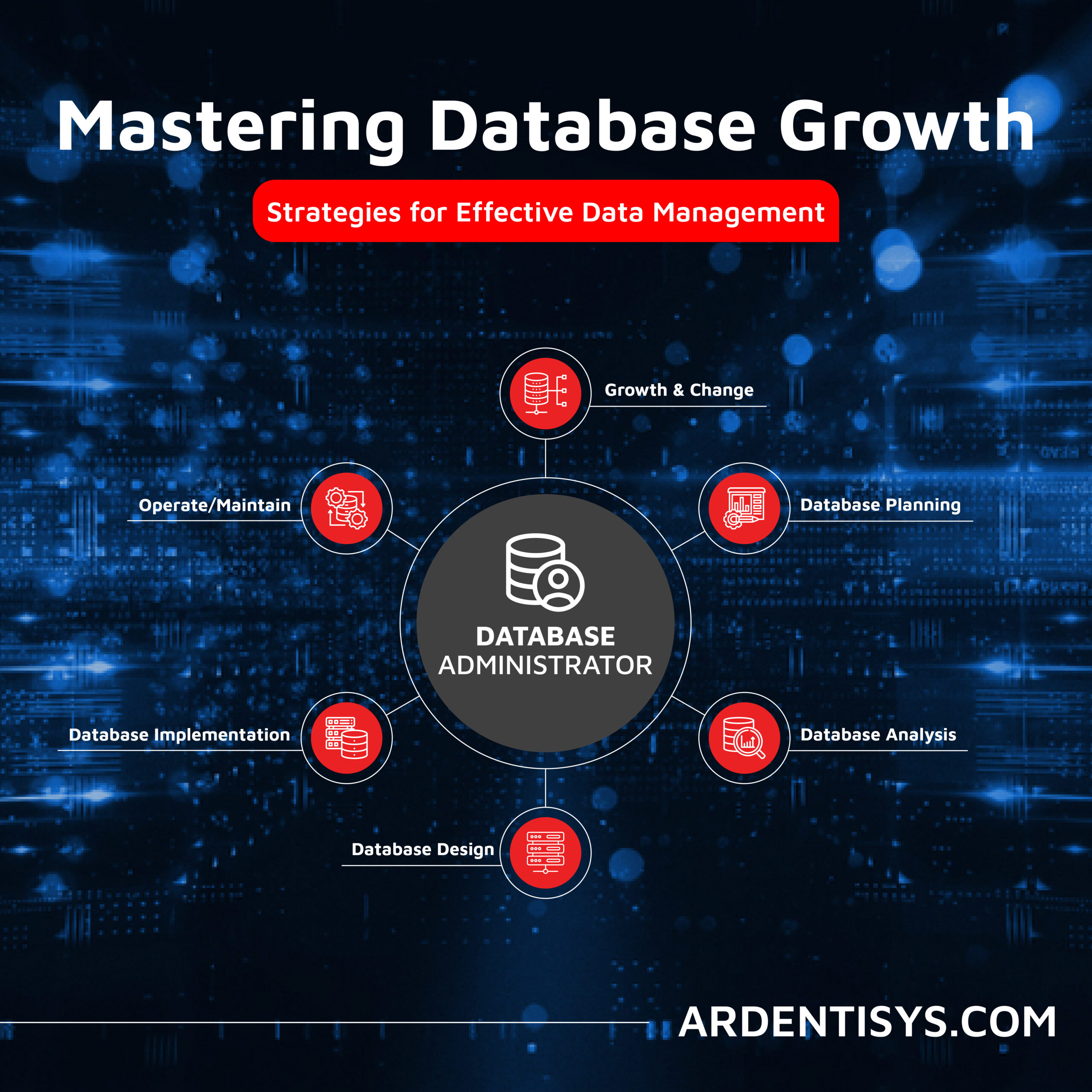
Overcoming Data Administration Challenges, and Strategies for Effective Data Management
Businesses face significant challenges to continuously manage and optimise their databases, extract valuable information from them, and then to share and report the insights gained from ongoing analysis of the data. As data continues to grow exponentially, they must address key issues to unlock the full potential of their data asset across the whole business. [...]
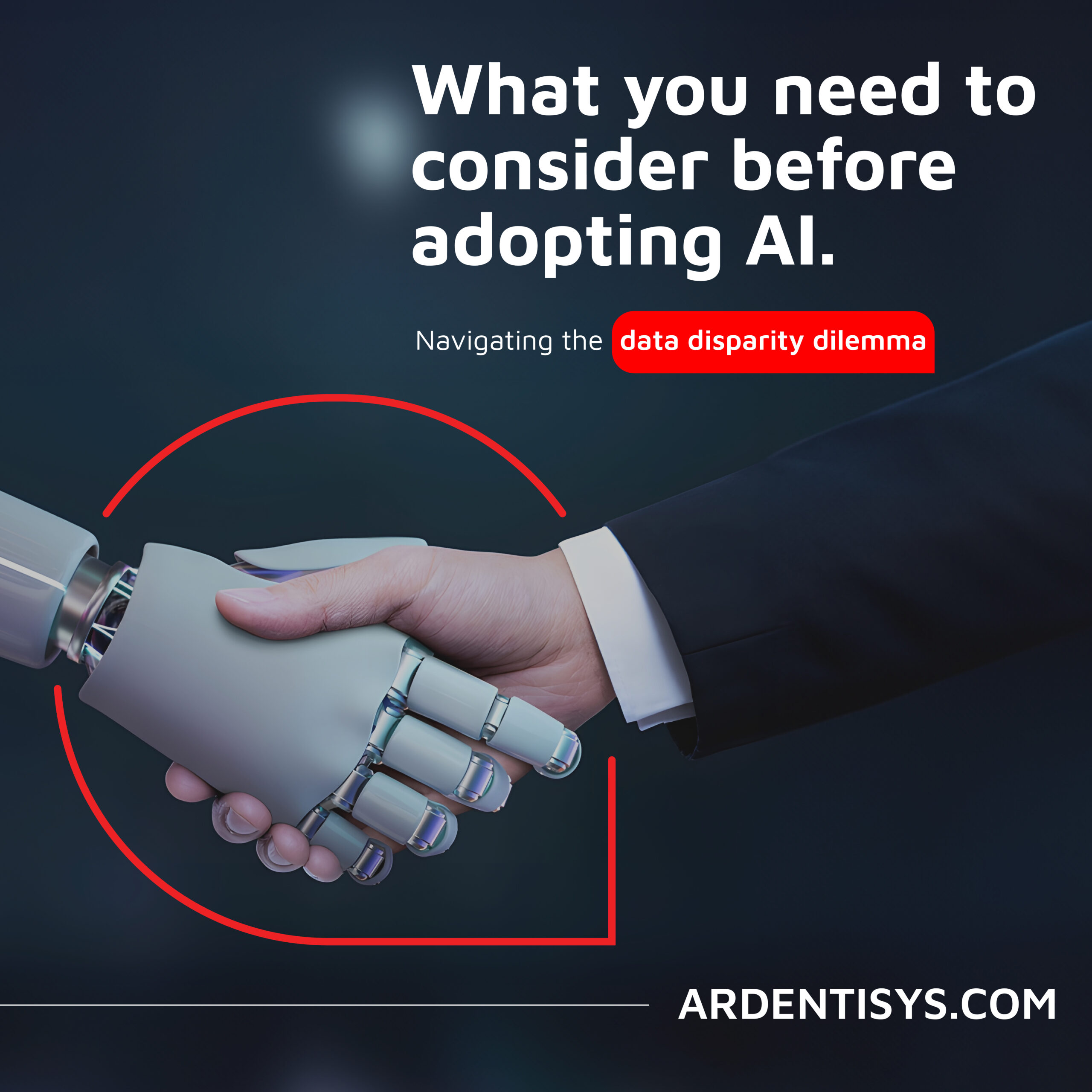
Are you considering AI adoption? We summarise our learnings, do’s and don’ts from our engagements with leading clients.
How Ardent can help you prepare your data for AI success Data is at the core of any business striving to adopt AI. It has become the lifeblood of enterprises, powering insights and innovations that drive better decision making and competitive advantages. As the amount of data generated proliferates across many sectors, the allure of [...]
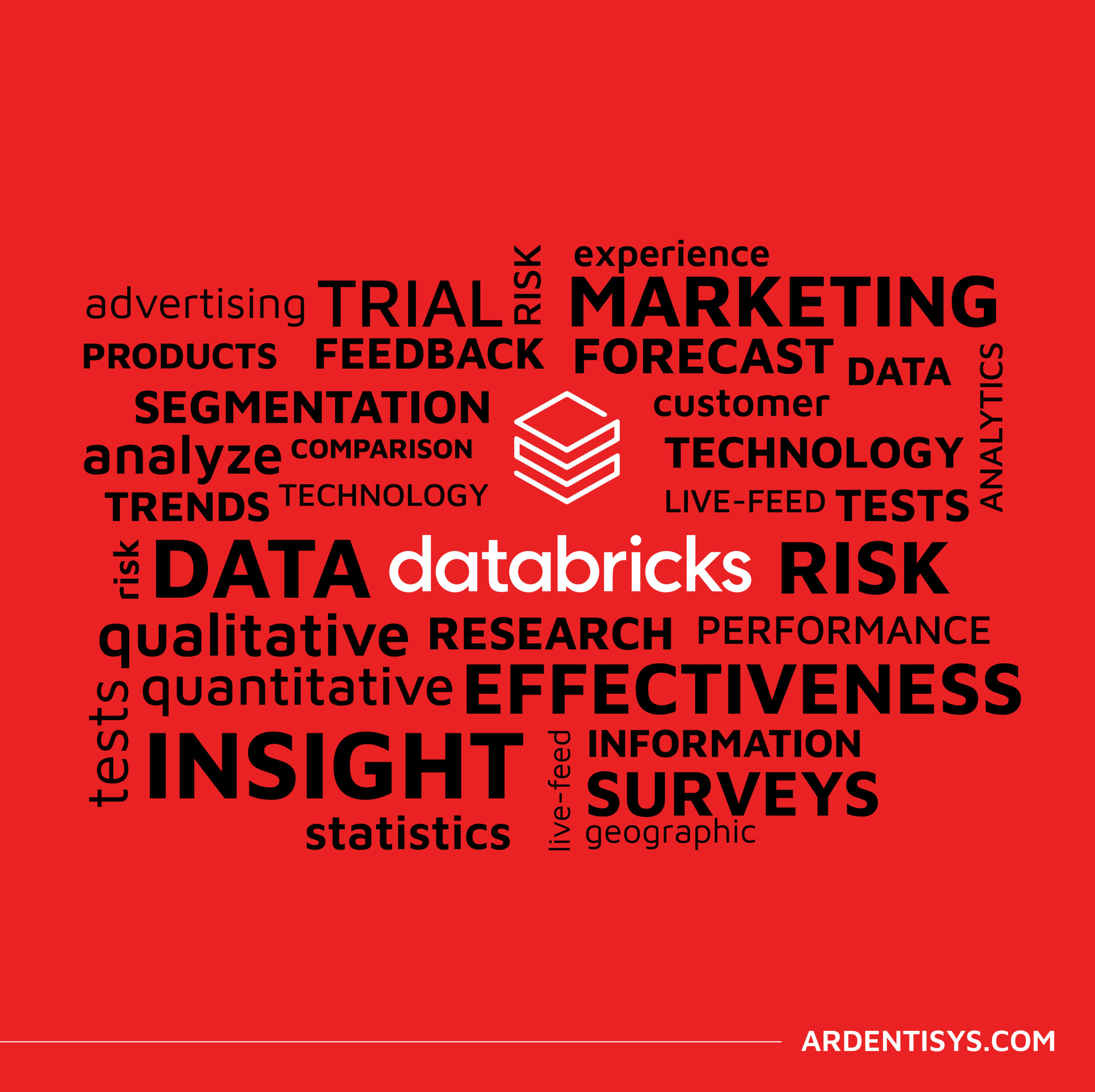
Why the Market Research sector is taking note of Databricks Data Lakehouse.
Overcoming Market Research Challenges For Market Research agencies, Organisations and Brands exploring insights across markets and customers, the traditional research model of bidding for a blend of large-scale qualitative and quantitative data collection processes is losing appeal to a more value-driven, granular, real-time targeted approach to understanding consumer behaviour, more regular insights engagement and more [...]






